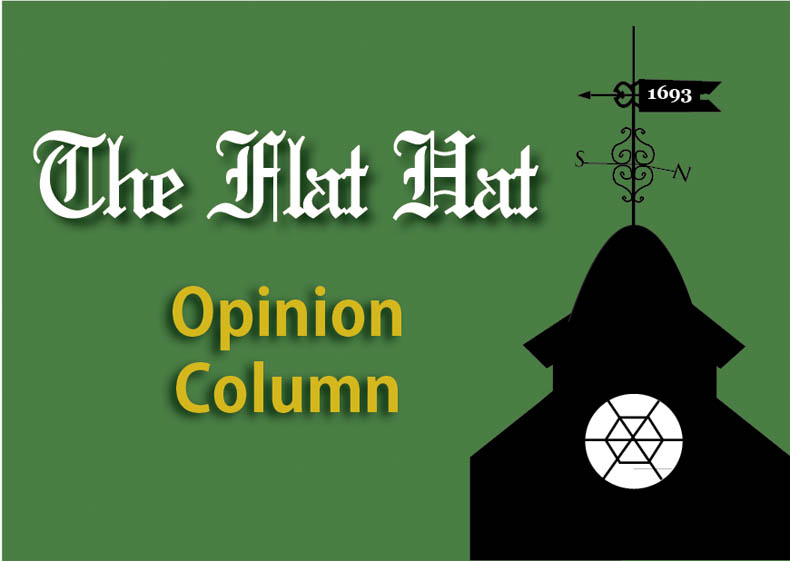After a long and heated debate, a faculty steering committee has unveiled plans for changes to the existing curriculum at the College of William and Mary. We are excited to see the committee attempting to direct the College toward greater emphasis on the connections between theoretical learning and real-world application; however, we are a little confused as to the practicality of this plan.
The most obvious change is the elimination of General Education Requirements. As a liberal arts college, the need for students to become well versed in a diverse curriculum is imperative, but GERs have been reduced to little more than an item on a check list. Students register to take classes in which they have no interest, learn the minimum amount in order to survive the final, and then promptly forget everything they learned in class. The revised plan gives more flexibility to students to choose the classes they take and encourages students to draw correlations between the different fields they study. The plan divides the curriculum into three separate fields of knowledge: humanities and arts, social sciences, and natural sciences and math. Through this approach, students will be encouraged to take an interdisciplinary look at all of their classes and analyze how these different subject areas are related.
That said, we are not quite sure how some of the finer points of the plan will be implemented. The plan includes a course entitled “William and Mary in the World.” The class seeks to include real-world applications for learning, but what exactly do these applications include? A second part of the plan introduces the senior year portfolio, which would require students to synthesize and analyze the knowledge they have gained at the College. The portfolio would be presented publicly to emphasize the significance of developing strong oratory skills. Currently, these sections of the plan seem general and vague, and we wonder how they would work in the curriculum. We do not understand fully how the College plans to make them relevant for all students. For example, if students are studying for the MCAT or LSAT, do they need to complete a portfolio? Providing more connections between real-world applications and what we learn in class sounds positive, but how does the plan work when students all have specific and diverse real-world pursuits?
We believe the plan is a step in the right direction for the College. We cannot emphasize enough the significance of these changes to current students at the College. Even though we may have had to take countless GERs, the revisions to the curriculum affect the value of every student’s degree. We encourage students to be informed about the process and to ask questions. We also ask that the faculty steering committee take time to iron out the details of the plan and make all students aware of the changes. Planning and implementing this change should not be rushed in any way, but rather given the amount of attention that such far-reaching decisions deserve.
Editor’s Note: Jill Found recused herself from the staff editorial to remain unbiased in her reporting.




































